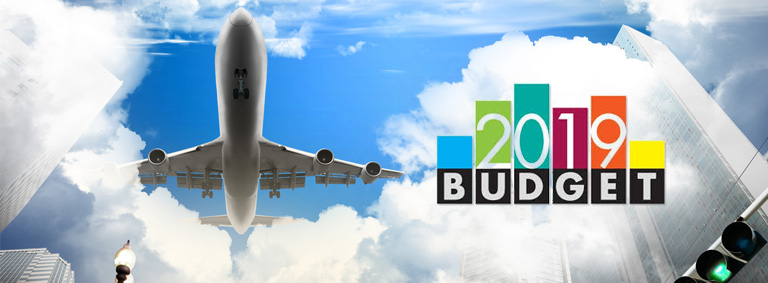Finance Minister Nirmala Sitharaman’s first-ever budget could be a watershed in the history of India’s aviation industry. Perhaps for the first time, the budget has unambiguously recognised the potential of the aviation industry to accelerate economic growth by ensuring fast and sustainable connectivity, creation of jobs, generation of government revenue and precious foreign exchange savings.
The budgetary focus on aviation has largely been on the MRO industry, aircraft leasing and financing business and relaxation of FDI in the civil aviation sector. The government’s intent is established; the need of the hour is to rollout clear, time-bound policy to operationalize these proposals.
For one, aircraft financing and leasing offers many opportunities to leverage Special Economic Zones such as the International Financial Service Centre (IFSC). If done well, it can boost the health of the Indian aviation industry, create masses of “aspirational jobs” in aviation financing and conserve foreign currency because leasing and rental activities can be done in Indian rupee.
Given that India is the world’s fastest growing aviation industry, creating an ideal Maintenance, Repair and Overhaul (MRO) industry must be made a priority. The industry requires the government’s support in the shape of lower taxes to make it globally competitive. This can generate more than 100,000 direct jobs leveraging India’s engineering talent as well as revenues exceeding Rs 35,000 crores in the next five years.
Finance Minister Sitharaman said the government would examine suggestions to further open up FDI in civil aviation. This can help the government find buyers for Air India and consolidate the gains so far made in order to make India a more attractive FDI destination.
The budget has provided for lower Goods and Services Tax (GST) on transportation of aviation turbine fuel (ATF) through pipeline. This can bring down the cost of ATF, which can encourage airlines to reduce fares and trigger higher demand.
As helpful as this step is, the aviation industry needs a step change in ATF taxation and airport operation costs. Jet fuel can account for as much as 50% of an airline’s operating expense. The industry needs the government to rationalise tax rates by bringing ATF within the ambit on GST.
There is enough evidence from around the world about the aviation industry’s power to catalyse economic growth and create jobs. Finance Minister Sitharaman’s budget has rightly sought to benefit from those lessons.
(The author is the Chairman of FICCI Civil Aviation Committee)





